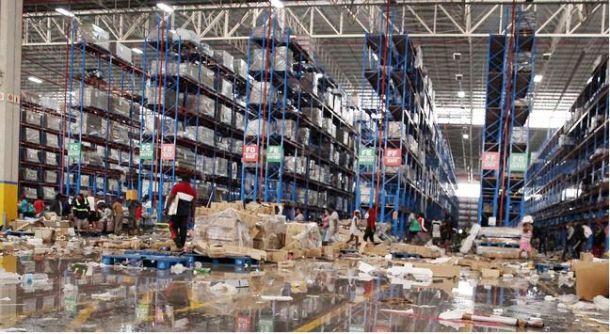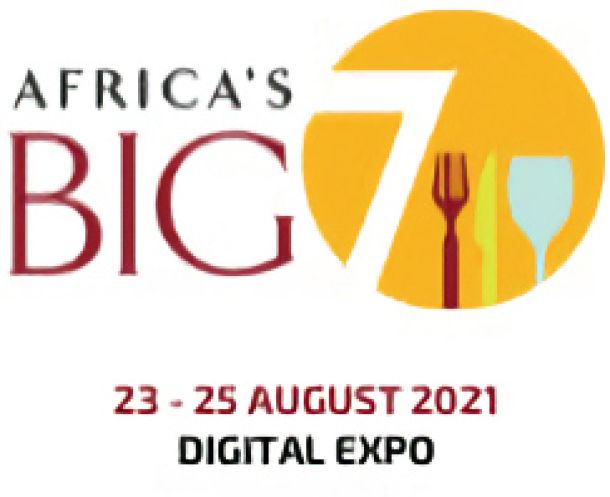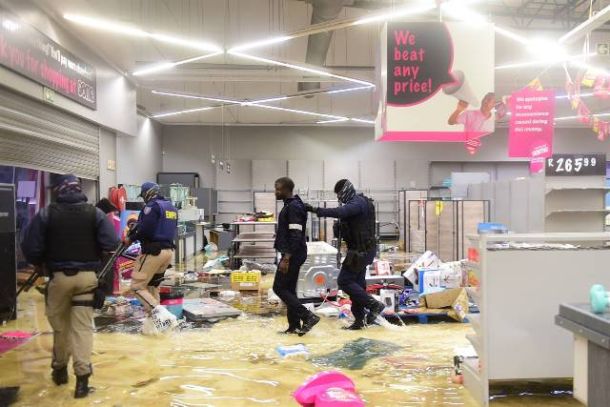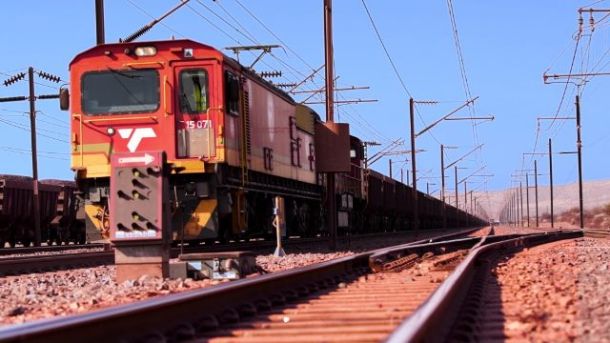Tiger’s chief financial officer, Noel Doyle, said the group was pursuing bolt-on deals – "which we’ve generally executed quite well" – and larger opportunities at the right price.
"It’s just so tough to find value – seller expectations are still very high," Doyle said. Tiger’s strong balance sheet meant it had "significant capacity" for takeovers, he said. It could "comfortably" take on another R7.5bn to R8bn of debt.
"We’re starting to build a pipeline and we might have something to talk about at the half-year mark next year, but there’s no imminent transaction," he said.
Tiger saw East Africa as an attractive market, Doyle said. It said it was selling its stationery and laundry-detergent operations in the region as they were noncore.
The group also planned to manufacture some of its South African "power brands" in other African states, partly in response to trade tariffs and a lack of foreign exchange liquidity in certain markets.
Doyle said that while Tiger was still deciding which brands to manufacture abroad, it wanted to build its presence in East Africa and Nigeria.
"Notwithstanding the political challenges in the short term [in East Africa], we still see that as an attractive region … for baby, homecare, some of our personal care brands, and potentially some of our breakfast brands."
Investec analyst Anthony Geard said, "I’m sure there is scope to do more with South African brand icons in the rest of Africa, but caution seems to be the watchword for now and I can’t disagree with that."
He did not expect "much anxiety about Tiger’s acquisition strategy – I think the company has learnt from its mistakes and is terrified of repeating them", Geard said.
"Plus, the company now seems to be in good hands: new CEO MacDougall comes across very well and has been very clear that any acquisition will be executed within strict parameters," he said.
Michael Treherne, portfolio manager at Vestact, said while expanding into the rest of Africa was a good long-term strategy, "I would, however, like to see them move slowly" and do smaller deals.






